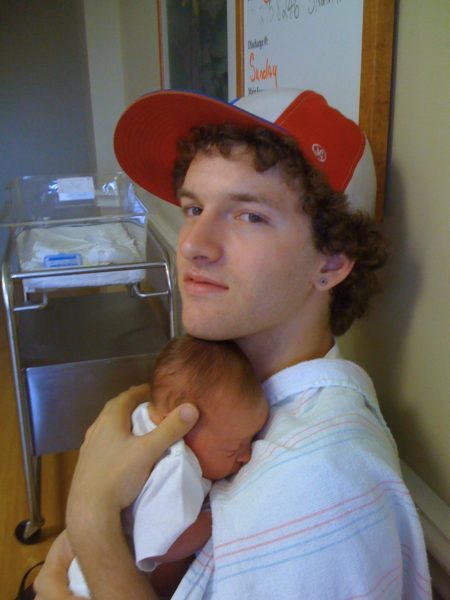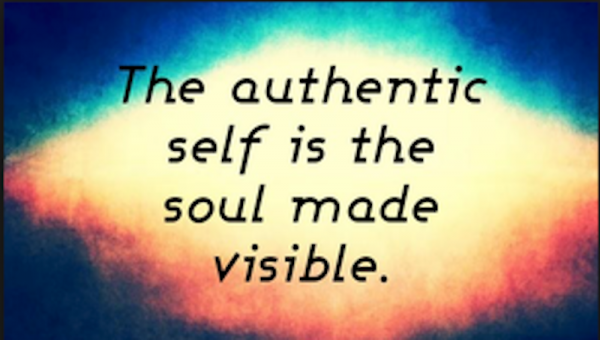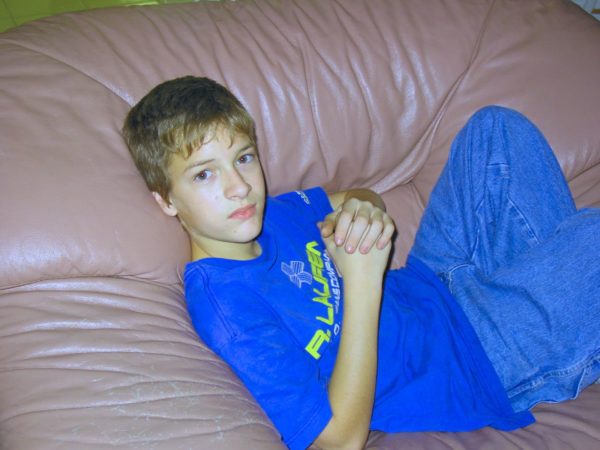I’ve been busy this morning with the AT&T technicians who are putting in fiberoptic Internet. It’s supposed to be much faster than our Xfinity service, and it’s cheaper! Yay!
Today is the first day I’ve felt almost human, and I’m grateful for that. Thanks, everyone, for sending me advice and healing energy.
Oh, and don’t forget that tomorrow at 7 PM CT is Erik’s Hour of Enlightenment radio show. Call 619-639-4606 15 minutes prior to talk to Erik. http://goo.gl/aFHTzJ TOPIC: LIVING WITH HEART!
Enjoy the last part in our series on Love.
Me: One more question and then we’ll close. What about people who learn self-loathing because of the way they were raised or their peers, parents telling them they’re not good enough or society doing that? What can they do? What can we tell them?
Erik: It goes back to what I said before, trying to connect to something that will project love back to you. If a person has been raised in a family where they had that instilled in them, it’s probably not going to be easy for them to take that first step with another person because they might not trust them.
Me: I know!
Erik: In that case, that’s where a plant comes in or the pet or creative endeavor. There are a lot of people where that’s happened in their family so they can’t trust human beings. Some of those can only connect with animals, for example.
Me: Yeah.
Erik: But that’s a start, but as a human being, you’re a social animal and are meant to connect with other humans. Eventually, for your human survival, you need to connect to another human and ultimately connect to lots of different things so they’re more balanced.
Me: Yeah.
Erik: So you have to learn how to branch out from that, Sometimes that requires the right person to come along and because you haven’t always experienced someone you can trust, you might not even know what it looks like.
Me: Yeah.
Erik: Sometimes someone will have to come along to help you with that, and you’ll know because there will be something about them that you’ll feel immediate trust in them. Then once that happens, because you’ve had that experience, you’ll know how that feels with someone else. That can create this whole domino effect.
Me: Okay. So, how can you help them shift their perspective like, “I don’t have to adopt the beliefs of my mother or father or my siblings or peers or whoever has helped create this self-loathing? What can they do with their perspective? How can they tweak it?
(Long pause)
Robert: How can they tweak it, Erik? Because sometimes that external person will not be there to come around.
Me: Yeah.
Erik: Well it gets a little tougher, Mom, because—
Me: Tell them how they can look at things a little differently.
Robert: He was just explaining to me how a person, because they don’t know what it looks like and they don’t even know how to look for it in themselves—what can they do, Erik?i
Erik: Well, sometimes they just need to look in the mirror and look at yourself. When you look at yourself and you don’t like what you see, you need to keep looking until you like what you see.
Me: Why?
Erik: That’s an exercise you take. The reason is because if you look in the mirror and you don’t like what you see, it’s just that old program from your family or whatever coming in and beating you up. Eventually, you’ll start to recognize that that’s what’s happening.
Me: Okay.
Erik: Then you’ll start to see the beauty in yourself. That’s one way you can do it. Another way is you can write something down that’s positive about you and the things that are positive that you want to accomplish during the day. Sometimes that’s not possible because that person’s particular life might be about not focusing on themselves anymore. I said that earlier. Sometimes people will focus too much on themselves. In that case, they can write down something positive that they can do that day.
Me: Oh, good!
Erik: For themselves or for someone else. “This is the list of to-dos that I want to take care of today.” That will give them a feeling of accomplishment and satisfaction.
Me: It’s so hard because you have this paradigm, this set of beliefs that you have to take inventory of and decide, “Wait, is that belief really mine or is it someone else’s?”
Erik: The thing that people recognize when they cross over is that you actually own nothing. Nothing is ever yours—ever. It’s just an experience that you’re experiencing. It’s not yours. Nothing is yours.
Me: That’s true. Is there a way that you can go through all of your beliefs and go, “Oh wait. That’s something my mom taught me about myself, and I really don’t feel that way. That’s my mom’s belief. That’s not my belief!”
Erik: That’s absolutely what you can do. For certain kinds of people, when they do that, it’s an opportunity because they have to think about Mom. A lot of people are going to feel angry that Mom did that to them.
Me: Oh, that’s true.
Erik: Then they go into a place of blame and anger.
Me: Yeah.
Erik: That’s not bad; that’s good because you’re allowing yourself to process that feeling of violation. It was a violation. At some point, though, you’re going to have to recognize that they could fall into a pattern of blaming. In fact, they were already in that pattern of, “Look what Mom did to ME!” That’s when you see that you’ve blamed people all your life for other things, too, and it all ties back to what Mom did.
Me: Yeah.
Erik: So once you let go of what Mom did, that whole pattern can be broken.
Me: And sometimes they might see that Mom had a spiritual contract with them that was to teach them something really valuable. My mother and father were awful, very abusive, and I’ve looked at that relationship and the horrible things they said and did to me and saw that I learned to be assertive because of that. I learned to be more compassionate. So I think they were on this earth to teach me and help me develop those qualities.
Erik: Yeah. You took the words out of my mouth, Mom.
Me: Again!
Erik: That’s what I was going to say. You get a gold star!
Me: Oh, yay! First one in a long time! So, anything else about Love?
Erik: Mom, we’ve covered quite a bit on Love.
Me: Do you think there’s anything else that would justify a second session, or does that cover the bases? Think about it. You don’t have to answer me. Just think about it, and if you want to talk about Love more, you need to let me know, Erik.
Erik: I will, Mom.
Me: Because it’s really important.
Robert: Oh my god. He’s singing a long by Heart called, “What about love.”
Robert and I both start singing. Sadly.
Me: Keep going! You’re on a roll, Robert! That’s awesome. Everybody start throwing roses at Robert on stage.
Robert (bowing): Oh, thank you, thank you.
Me: Robert, thanks for coming to the event this weekend. It was so awesome.
Robert: I had so much fun! I wish I could have spoken to more people.
Me: Yeah, there were so many! I tell you what; afterwards I took a vacuum cleaner to my floors and it was like (insert the sound of a vacuum cleaner sucking up gravel here.)
Robert laughs.
Me: Oh my god, there was so much dirt and so much trash. Sweet Jesus.
Robert: Do you still have skin on your knuckles? You probably don’t from all the cleaning!
Me: Seriously!
We close in the usual way.
Last but not least, check out our video about God!



